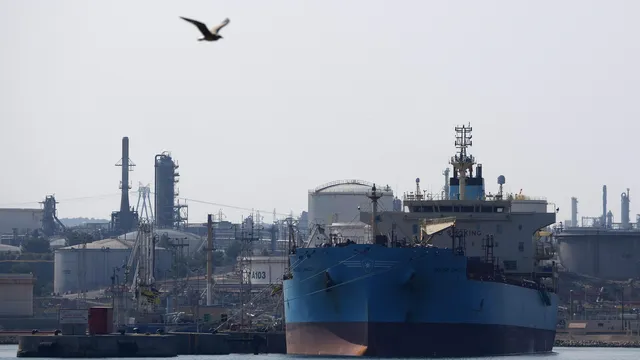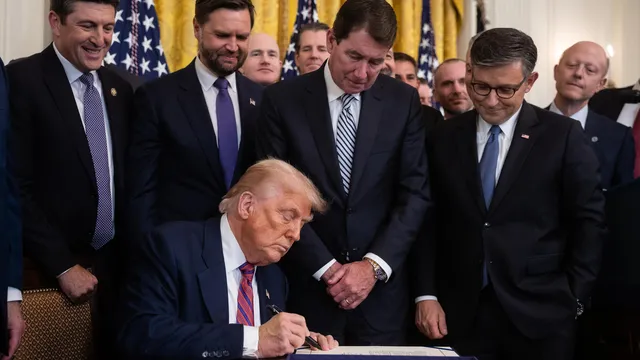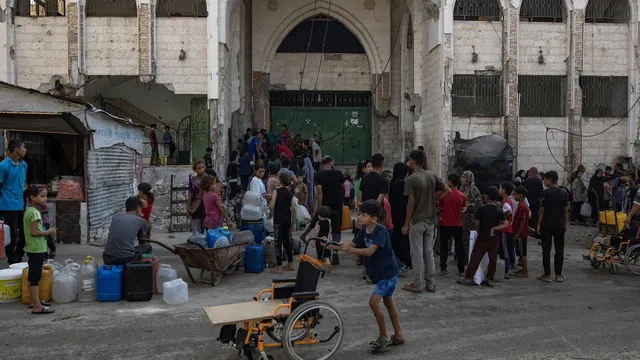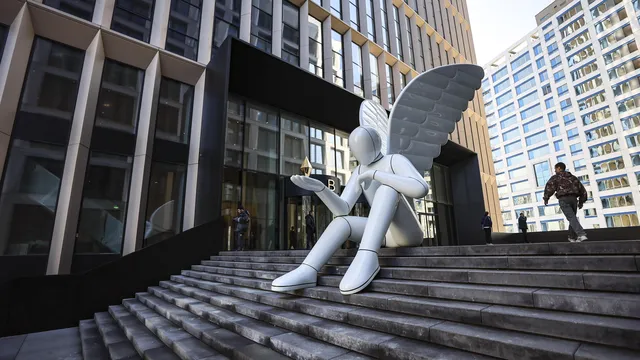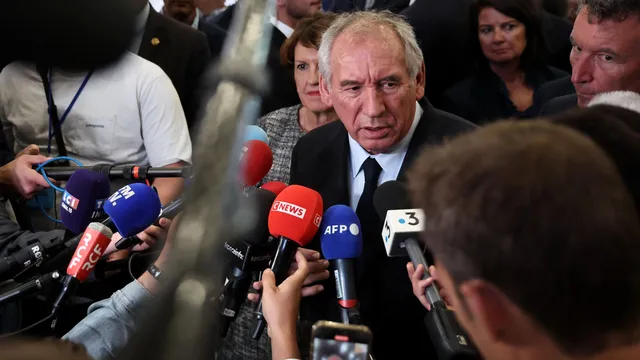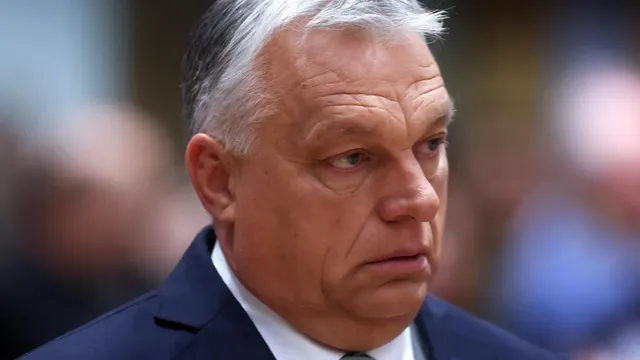Summits between world leaders are always a risky attempt at a breakthrough in international relations. They are often judged by whether they help resolve a complex global problem. Sometimes, however, their most significant effect is the domestic political impact for one or both participants. Such was the case with last year’s meeting in Alaska between U.S. President Donald Trump and Russian leader Vladimir Putin — it not only bolstered Putin’s position but also prolonged the war in Ukraine, consolidating his power.
The event in Anchorage recalled the 1986 meeting in Reykjavik between U.S. President Ronald Reagan and Soviet leader Mikhail Gorbachev. In both instances, two leaders came together to tackle a critical foreign policy challenge — in the first case the arms race, and in the latter the war in Ukraine. Both negotiations, however, ended in failure. In Reykjavik, the talks collapsed because Reagan refused to abandon his Strategic Defense Initiative, and in Alaska, because no agreement was reached to end the Russian invasion.
From there, the similarities end. Both meetings had serious consequences for the Kremlin, but in opposite directions. After his failure, Gorbachev returned weakened, and his subsequent decisions accelerated the collapse of the Soviet Union just five years later. Putin, by contrast, emerged as the victor. In Anchorage, Trump greeted him with honors and spoke enthusiastically about their “fantastic” relationship. The Russian leader made no concessions, while Trump shifted the responsibility for ending the war onto Ukraine: “Now it’s really up to President Zelensky to achieve it,” he said in an interview with Fox News.
Although Putin faced no real opposition before the Alaska meeting, afterward he returned to Moscow with reinforced support. According to a poll by the independent Russian Levada Center at the end of August, 79% of Russians viewed the meeting as a success for him, and 51% were more optimistic about improving relations with the United States. This time, Russian media did not even need to resort to propaganda — it was enough to broadcast the actual footage and Western commentary on Putin’s diplomatic triumph. Strengthened more than ever, he now has the political freedom to continue the war in Ukraine for as long as necessary to end it on his own terms. | BGNES
-----------------------------------------------
Analysis by Foreign Affairs

 Breaking news
Breaking news
 Europe
Europe
 Bulgaria
Bulgaria


